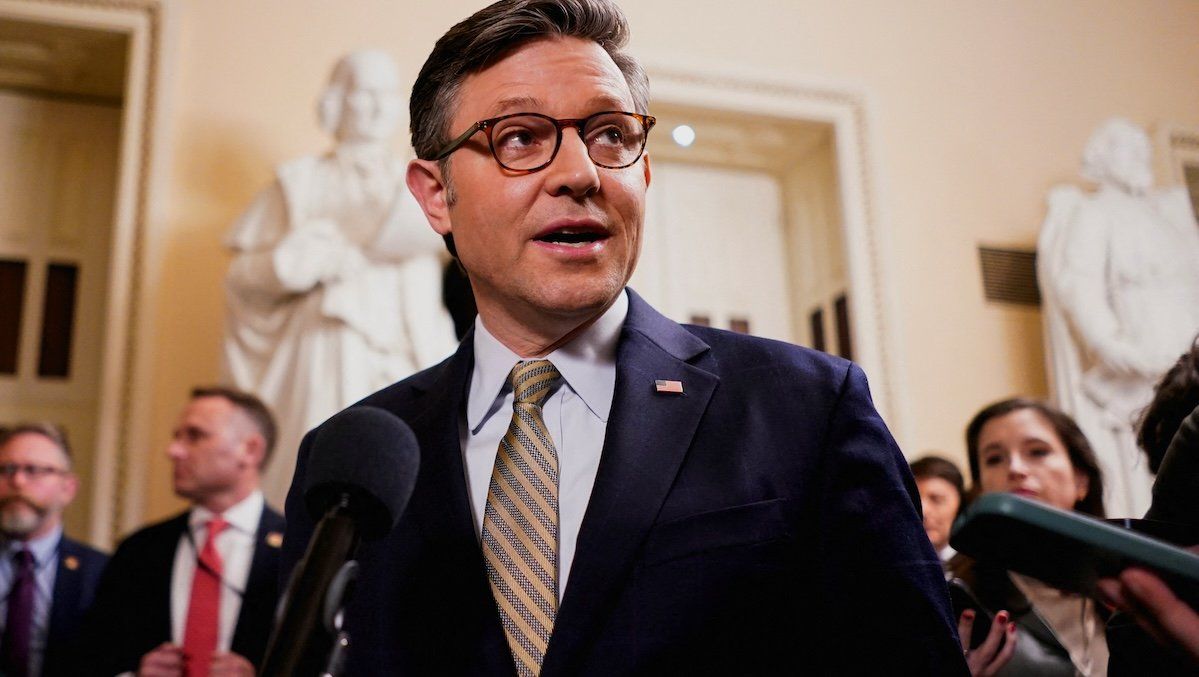US lawmakers early Saturday struck an 11th-hour deal to avert a government shutdown. On Friday, the House voted overwhelmingly to pass a stopgap spending bill after a week of chaos on Capitol Hill in which President-elect Donald Trump and Elon Musk intervened to scuttle two earlier bipartisan bills. The Senate followed suit shortly after midnight.
The final measure passed on Friday funds the government through March, includes $10 billion in economic assistance for farmers, and earmarks $100 billion in fresh disaster relief funds. It doesn’t include Trump’s demand to suspend the debt ceiling, which limits how much the federal government can borrow.
Three things are immediately clear from this week:
First, Elon Musk has real government power even without a real government position. Musk’s extensive criticisms of the initial bill’s length and contents, some of which included false or misleading claims, shaped the politics immediately, sinking the first version of the spending bill. Musk does not hold an elected or even an official post, but with his 208 million followers on X, which he owns, he hardly needs to.
Trump’s grip on the GOP is hardly complete. The president-elect could not force his party to accept the idea of scrapping the debt ceiling, which would have given him substantially more spending room during his first two years in office. Instead, lawmakers pledged to take up the issue separately once he is in office.
This week was a preview. With a bold and controversial Trump policy agenda, a slim House GOP majority, and another hugely influential risk cook in the kitchen, the past few days offer a window into what legislating may often look like beginning in January. Buckle up.
